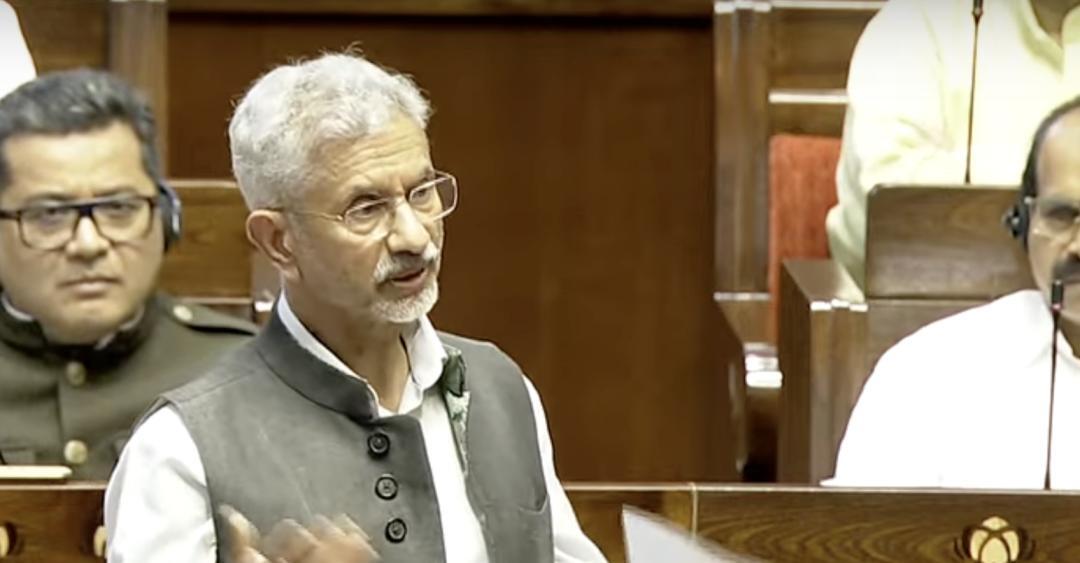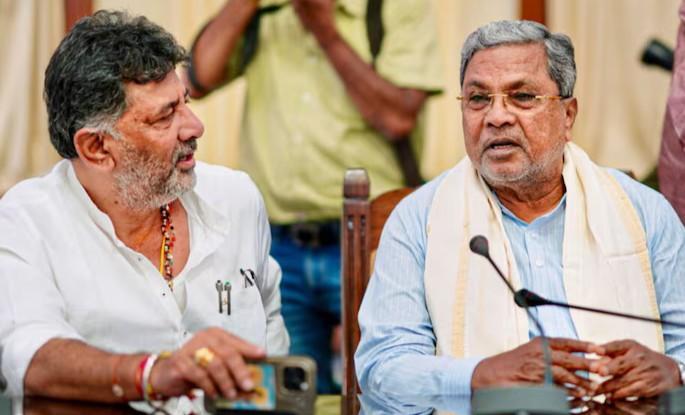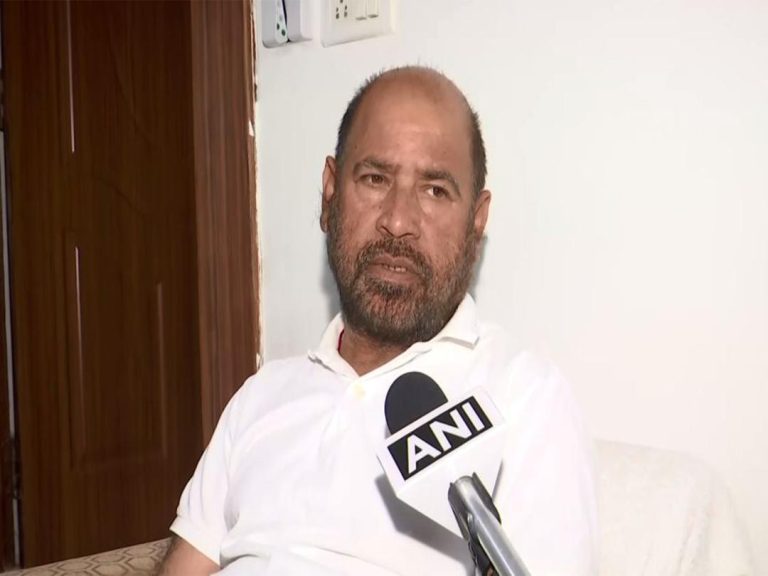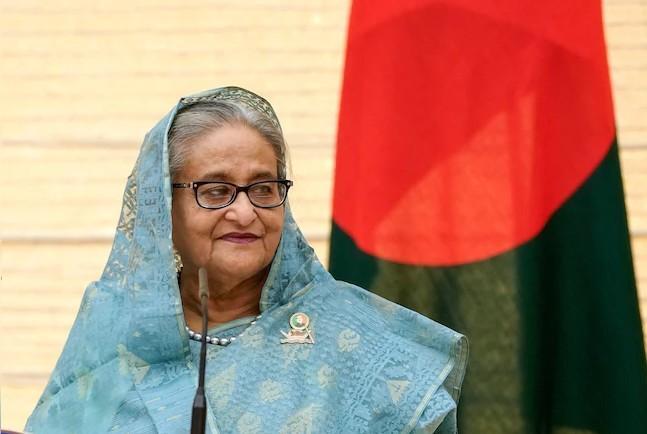
Title: We did a global service by destroying Bahawalpur & Muridke: EAM
In a recent statement, India’s External Affairs Minister, S. Jaishankar, made a bold claim that has sent shockwaves around the world. During a session in the Rajya Sabha, Jaishankar stated that India did a “global service” by reducing Bahawalpur and Muridke, two of the nine Pakistani terror camps destroyed in Operation Sindoor on May 7, to dust. He went on to say that for decades, these two camps were considered the biggest centers of terrorism globally, and when India hit them, the whole world thanked us.
The statement has raised eyebrows and sparked debate among international leaders and experts. Some have hailed India’s actions as a bold step towards combating terrorism, while others have questioned the effectiveness and legality of the operation. In this blog post, we will delve deeper into the context of the statement, the implications of India’s actions, and what it means for the global fight against terrorism.
Background: Operation Sindoor and the Pakistani Terror Camps
Operation Sindoor was a covert military operation conducted by India on May 7, targeting nine Pakistani terror camps located along the Line of Control (LoC) in Pakistan-administered Kashmir. The operation was a response to the rising number of cross-border attacks and terrorist infiltration into Indian territory. The nine camps targeted were Bahawalpur, Muridke, and seven other locations.
Bahawalpur and Muridke, in particular, were considered to be two of the most prominent and well-equipped terror camps in the region. For decades, they had served as hubs for terrorist training, planning, and execution of attacks against India. The camps were run by various terror outfits, including the Lashkar-e-Taiba (LeT) and the Jaish-e-Mohammed (JeM), which have been responsible for some of the most devastating attacks on Indian soil.
India’s actions were seen as a bold move to take the fight to the terrorists and disrupt their ability to launch attacks. The operation was carried out with precision and minimal collateral damage, with Indian forces using advanced technology and intelligence to pinpoint the locations of the camps.
The Global Implications of India’s Actions
Jaishankar’s statement that India did a “global service” by destroying Bahawalpur and Muridke has far-reaching implications for the global community. On one hand, it highlights the success of India’s counter-terrorism efforts and its willingness to take bold action to protect its interests. On the other hand, it raises questions about the effectiveness of the operation and the potential consequences for regional stability.
The destruction of the terror camps has sent a strong message to terrorist organizations and their sponsors that India is willing and able to take decisive action to protect its sovereignty. This message has the potential to deter future attacks and create a sense of uncertainty among terrorist groups.
Furthermore, India’s actions have also demonstrated its commitment to regional stability and its willingness to work with other countries to combat terrorism. The operation has sent a strong signal to Pakistan that it must take concrete steps to prevent the use of its territory for terrorist activities.
However, the operation has also raised concerns about the potential for escalation and the impact on regional tensions. Pakistan has already issued a strongly worded statement condemning the operation and accusing India of violating its sovereignty. The situation remains volatile, with both countries engaging in a war of words and exchanging accusations.
The Legal Ramifications of the Operation
The legality of the operation is another area of contention. India has maintained that the operation was carried out in self-defense and in response to the continued threat posed by terrorist groups. However, Pakistan has accused India of violating its sovereignty and territorial integrity.
The United Nations Charter and international law are clear that states have the right to self-defense, but they also require states to respect the sovereignty and territorial integrity of other states. The operation raises questions about whether India’s actions were proportionate and necessary to achieve its objective of defending itself against terrorist attacks.
Conclusion
EAM Jaishankar’s statement that India did a “global service” by destroying Bahawalpur and Muridke is a bold and provocative claim that has sent shockwaves around the world. While India’s actions have achieved a significant military objective, they also raise questions about the legality and effectiveness of the operation.
The global implications of India’s actions are far-reaching, with the potential to create a new dynamic in the regional security landscape. As the situation continues to unfold, it will be important for international leaders and experts to carefully consider the implications of India’s actions and to work towards a peaceful and stable resolution.
News Source:






